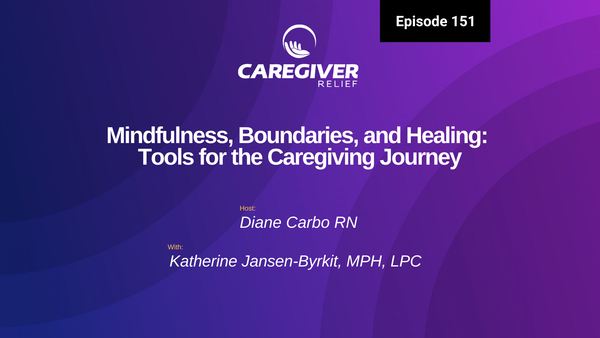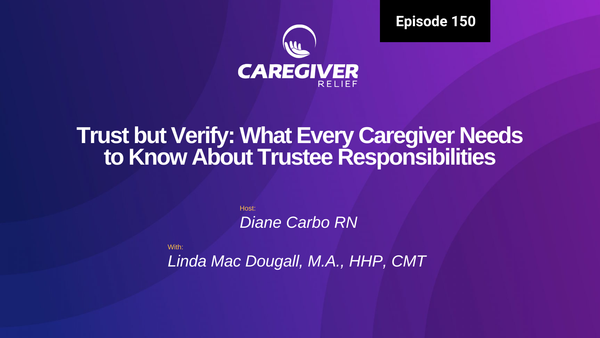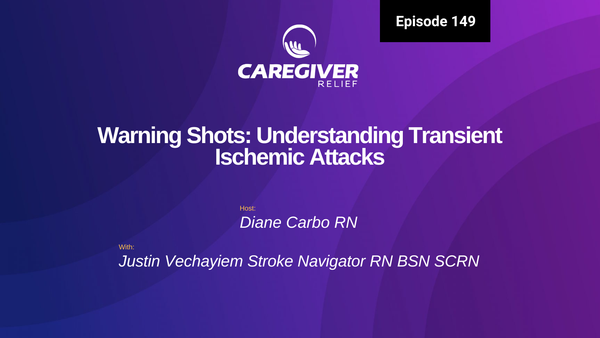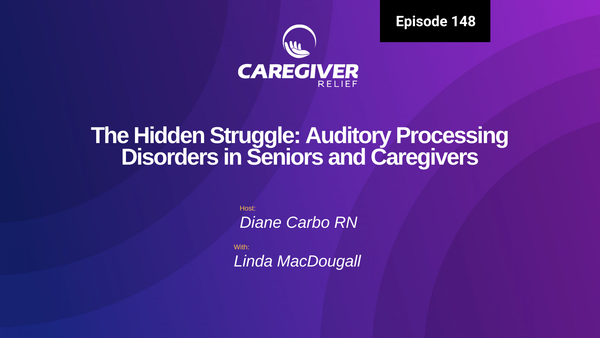Are The Causes of Memory Loss The Same as Dementia?
Learn about the causes of memory loss, mental confusion and memory problems as we age. Discover the difference between temporary short term memory loss and forgetfulness vs. dementia and other brain disorders.

Causes of memory loss, mental confusion and memory problems as we age are varied. Many do not indicate dementia or Alzheimer’s disease. The causes may range from something minor to a more serious condition.
Are my memory problems and forgetfulness a sign that I am developing dementia?
It is important that you be aware of mental changes that occur. And, to be able to identify the insignificant from the serious.
We all have memory lapses at times. As individual ages, some will experience a decrease in mental function. This is known as cognitive impairment.
Our cognitive abilities, our ability to think and remember… may be as simple as a word finding problem or just plain forgetfulness. When we have those momentary lapses, we just attribute it to getting older. It is important to understand that a young individual can and may experience memory problems, as well.
Do you have periods of forgetfulness?
Maybe forget or have slow recall of something that just occurred? There is a difference from just being distracted … and forgetful and real short-term memory loss.
I can tell you that I worry about myself at times. I try to do too many things at one time and do not focus on the task at hand. I once came home from a meeting. I was cold and wet, as it was a rainy and dreary day. I had dinner in the refrigerator and just had to put it in the oven. I thought that I would put dinner in the oven and the jump into the shower to get warmed up.
I was feeling good and warm and hungry. When I came downstairs to eat my dinner, I discovered that I had put the dinner in the freezer and not in the oven!
Can you guess what my first thought was? I must have dementia.
The fact of the matter is that I had so many things on my mind that day; I was not focusing on the task at hand. We all experience times…
- When we lose our keys
- Forget where we put our glasses
- Have difficulty remembering the name of a restaurant or movie star as we are telling a story.
These are just temporary lapses in memory and not cause for concern.
So how are we able to tell the difference from … a temporary short term memory loss and forgetfulness from dementia ? Or some other organic brain disorder?
The causes of other diseases… that affect the brain affect an individual’s ability to think logically. Dementia and other brain disorders affect at least two areas of cognitive function. Meaning that two areas of our ability to think and reason will be affected.

Here are the areas of mental functioning that may be affected:
- Short term memory problems, or memory loss
- Difficulty with language… not just word finding problems. But substituting incorrect or made up words into a sentence.
- Difficulty performing or doing everyday tasks.
- Begins to exhibit poor judgment.
- Personality changes may occur. Increase irritability, suspicious of others, easily
- Becomes disoriented. May not be able to find their way back home from a familiar area.
- Misplaces things and places them in illogical places.
- Has difficulty with abstract thinking
- Has lost their initiative to self motivate of ability to self monitor
Are the causes of memory loss the same as dementia?
Are my memory problems and forgetfulness a sign that I am developing dementia?
In response to the above question… simple everyday forgetfulness, lack of concentration and distractions in our lives are temporary.
If your mental status or that of an aging senior … shows no other signs from the list above, it is probably nothing to worry about.
Learn how you can decrease your chances for dementia or Alzheimer’s.
Learn about brain fitness
If there are other problems…. that affect an individual’s ability to perform any of their activities of daily living, it is important that a thorough history and physical be done. This should be by a health care professional… to find out what the causes of memory loss may be.
Memory loss due to age is a slow progressive process. It does not affect a person’s ability to perform everyday tasks. Dementia is a progressive and ongoing loss of mental functions… that will affect an individual’s ability to do even the simplest of tasks.

When to Seek Help for Memory Loss
Memory lapses are a common occurrence for everyone. Misplacing car keys or forgetting names of new acquaintances happens to the best of us. However, it's important to distinguish between normal age-related memory changes and memory loss associated with Alzheimer's disease and related disorders. Some memory problems can also be attributed to treatable conditions.
If you are experiencing memory problems, it is crucial to consult with your healthcare provider for a diagnosis and appropriate care.
Understanding Memory Loss and Aging
Normal age-related memory loss does not significantly disrupt your daily life. Occasional forgetfulness, like momentarily forgetting someone's name and recalling it later, or misplacing your glasses, is manageable. Keeping lists to remember appointments or tasks more frequently is also typical. These memory changes do not hinder your ability to work, live independently, or maintain a social life.
Memory Loss and Dementia
Dementia is an umbrella term encompassing various symptoms, including memory impairment, reasoning difficulties, judgment impairments, language issues, and other cognitive problems. Dementia usually progresses gradually over time and affects an individual's work, social interactions, and relationships.
Memory loss that significantly disrupts your life is often one of the initial signs of dementia. Other early signs might include repeating the same questions, struggling with common words while speaking, mixing up words, taking longer to complete familiar tasks, misplacing items, getting lost in familiar areas, or experiencing unexplained changes in mood or behavior.
Conditions Leading to Dementia
Several diseases can cause progressive brain damage, resulting in dementia. Alzheimer's disease is the most common cause, but vascular dementia, frontotemporal dementia, Lewy body dementia, and limbic-predominant age-related TDP-43 encephalopathy (LATE) are also notable causes. There can also be a combination of multiple types of dementia, known as mixed dementia. Each condition has a different pathology and presents with varying types of memory problems.
Mild Cognitive Impairment
Mild cognitive impairment is characterized by a noticeable decline in at least one area of cognitive function, such as memory, that is more significant than age-related changes but less severe than dementia. People with mild cognitive impairment can still perform daily tasks and engage socially. However, many individuals with this condition eventually progress to dementia due to Alzheimer's disease or other underlying disorders causing dementia.

Reversible Causes of Memory Loss
Memory loss or dementia-like symptoms can be caused by various medical conditions, many of which are treatable. Medications, minor head trauma, emotional disorders, alcoholism, vitamin B-12 deficiency, hypothyroidism, brain diseases, and untreated sleep apnea are all potential reversible causes. Identifying the underlying cause is crucial in determining the appropriate treatment.
When to Seek Medical Advice
If you are worried about memory loss, it is important to see your doctor. They can conduct tests to assess the extent of memory impairment and diagnose the underlying cause. Bringing along a family member or friend to the appointment can provide additional support and assistance.
Our Resources section can help you find the information and tools that you need. We have courses, videos, checklists, guidebooks, cheat sheets, how-to guides and more.
You can get started by clicking on the link below. We know that taking care of a loved one is hard work, but with our help you can get the support that you need.
Click here to go to Resources Section now!
Medical Conditions that appear as dementia
Get an Appropriate Diagnosis for Proper treatment
Overview of Dementia
Diagnosis of Dementia: What do I do now?– This book was written to help you overcome the initial shock . And get you into a mode where you may move forward with your life.





